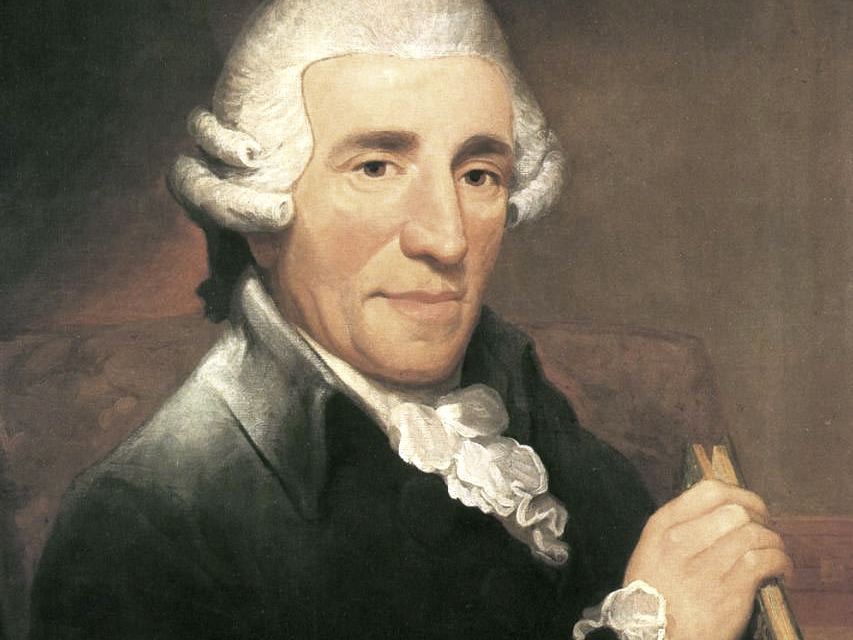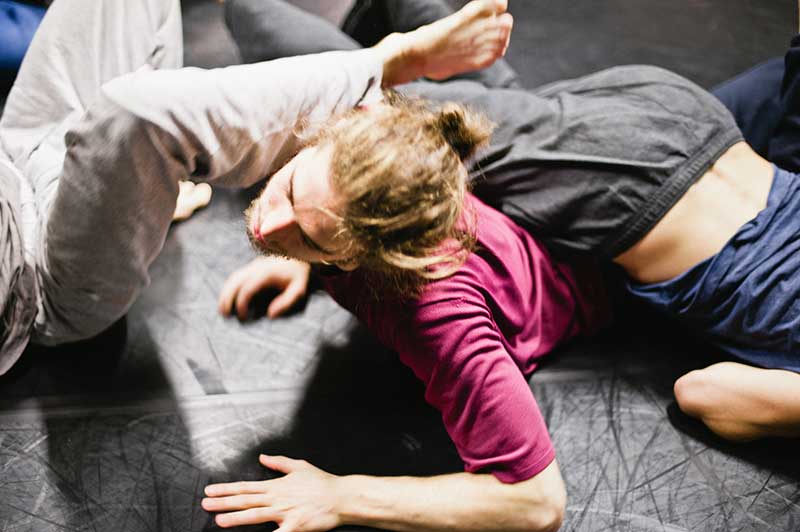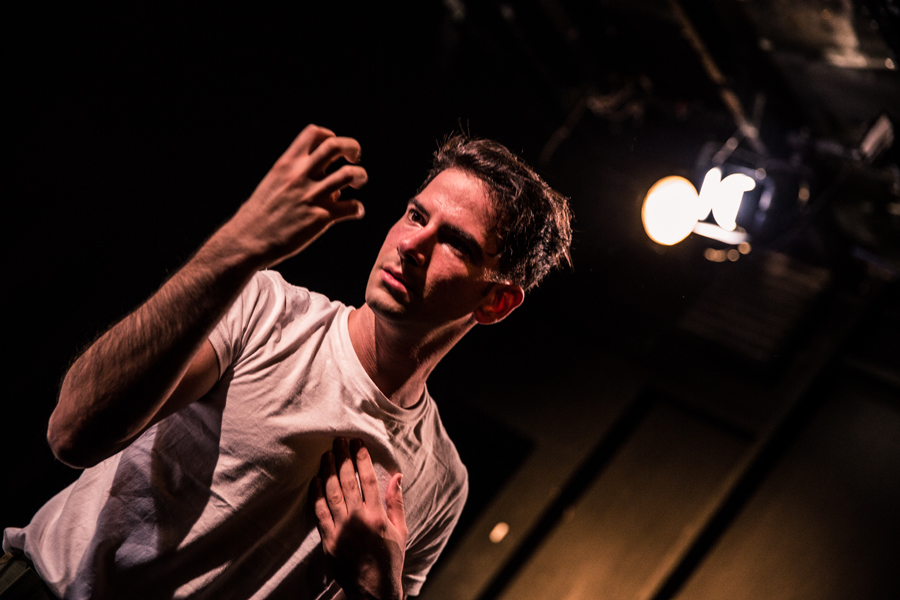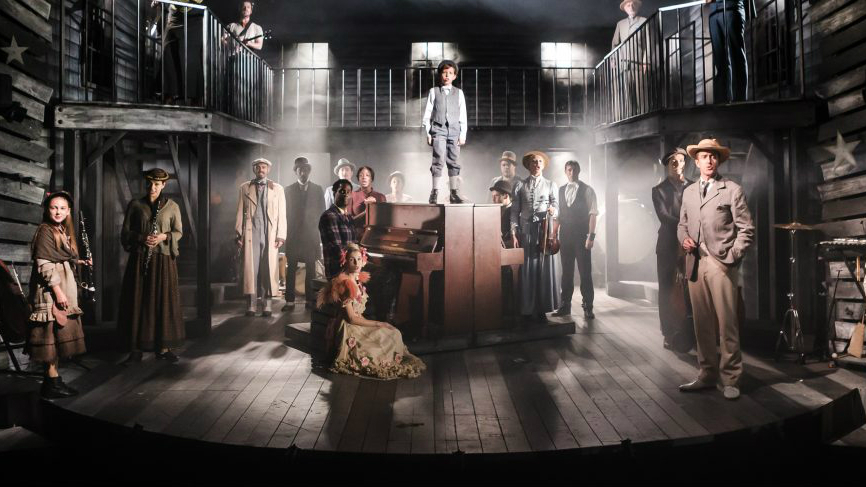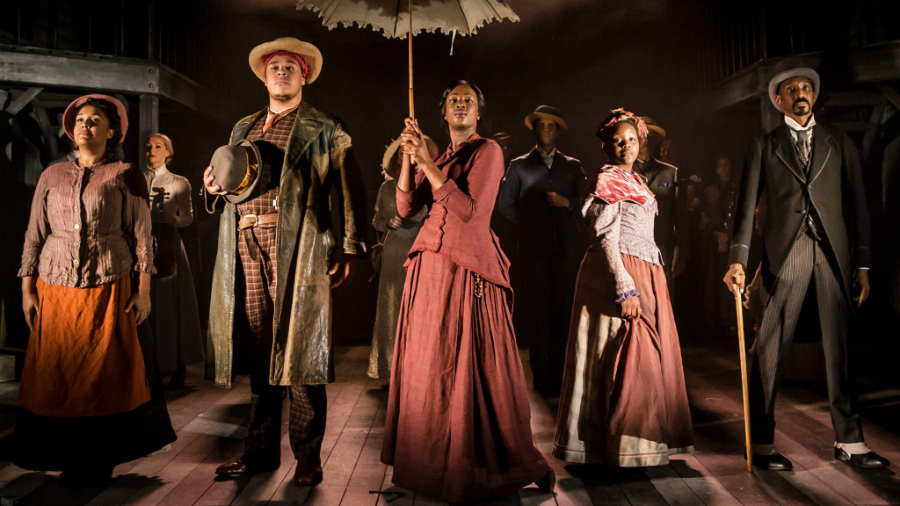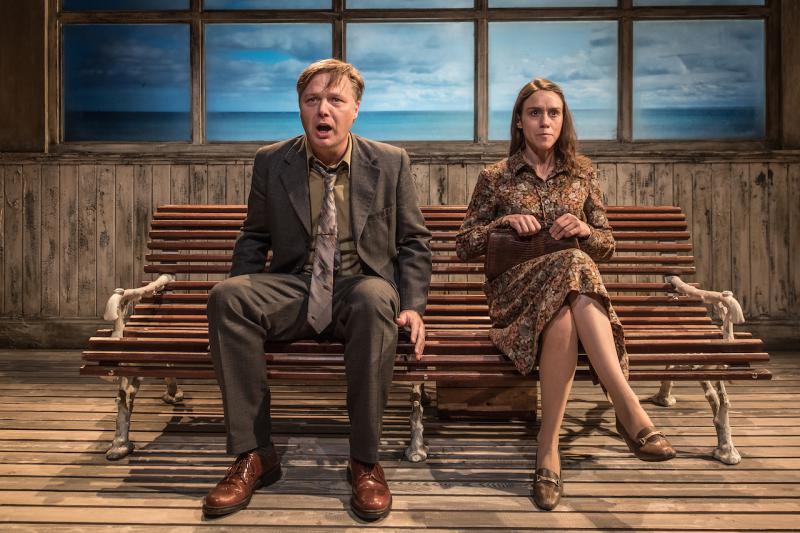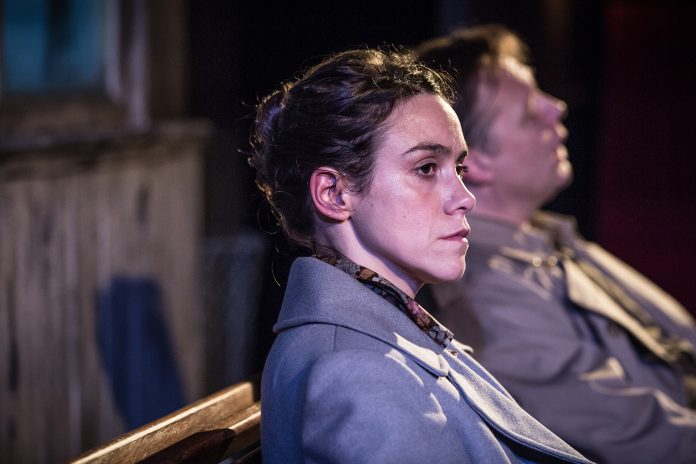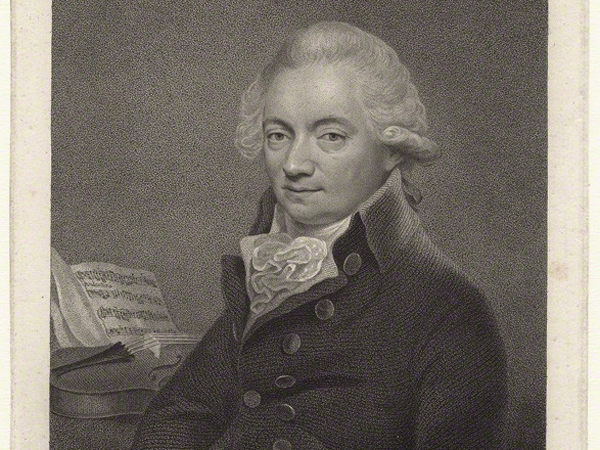 Ballet Rambert’s new production – with 50 dancers and 70 musicians from the Rambert Orchestra onstage, soloists and chorus from the BBC Singers, and designs by Pablo Bronstein – marries dance to the soaring music of Haydn’s mighty oratorio and its beautiful libretto, taken from Genesis and the Book of Psalms, as well as Milton’s Paradise Lost. It comes to Sadler's Wells this month after a hugely successful premiere at Garsington Opera in July.
Ballet Rambert’s new production – with 50 dancers and 70 musicians from the Rambert Orchestra onstage, soloists and chorus from the BBC Singers, and designs by Pablo Bronstein – marries dance to the soaring music of Haydn’s mighty oratorio and its beautiful libretto, taken from Genesis and the Book of Psalms, as well as Milton’s Paradise Lost. It comes to Sadler's Wells this month after a hugely successful premiere at Garsington Opera in July.
These November performances of The Creation are elegantly timed for Jewish lovers of music and dance, as in synagogues worldwide we have just recently begun reading the Torah from the beginning again, with Genesis and the story of the creation.
A fascinating and little-known part of the story of the oratorio's creation is the role played by Johann Peter Salomon, German-Jewish-born musician, composer, conductor and impresario, in inspiring Haydn to compose the work. It was Salomon who provided Haydn with a libretto to draw on and refashion, that included those texts from the Bible and Milton. The pair seemed to have had a wonderful creative partnership, for Salomon originally brought Haydn to London, for the first time in 1791 and again in 1794. The symphonies Haydn composed specially for these visits are sometimes called the Salomon symphonies and as a violinist, Salomon joined Haydn to lead the first performances of many of the works he was inspired to compose in England.
Johann Peter Salomon was born in Bonn in the early 1740s into a family of Jewish musicians who thought it prudent for their infants' futures to baptise them. His sister Anna became renowned for her rich contralto voice and in Berlin, under the patronage of Prince Henry of Prussia, young Salomon composed several French operas with roles and arias for her to perform in concert.
Salomon was invited to Paris in the early 1780s and then to London, where he really found his niche. So much so that in 1790 he decided to visit Vienna to invite both Haydn and Mozart to come to London. It seems that both accepted, but sadly Mozart died in 1791. Haydn earned several hundred pounds and huge public adulation for the music he composed and played in London - imagine how the late Leonard Bernstein or Stephen Sondheim, Leonard Cohen or Bob Dylan would be feted if they, came to London to premiere compositions especially composed for Britain.
It's said, however, that Haydn refused to pay his orchestra and Salomon had to pick up the bill, which he did with a good grace. Unsurprisingly, Salomon's Jewish origins meant he was regularly accused of being mercenary, even though many regularly took advantage of his good nature. When he was called a Jew, it was of course a derogatory term. Yet by all accounts he had a winning personality, which made him popular with patrons and fellow musicians wherever he went. The gifted musician clearly had a good head for business too, a dream combination for an impresario.
Salomon went on to become one of the founder members of the Philharmonic Society and led the orchestra at its first concert on 8 March 1813. Salomon died in London in 1815, of injuries suffered when he was thrown from his horse, and is buried in Westminster Abbey. In 2011 the Royal Philharmonic Society instituted the Salomon Prize “to highlight talent and dedication within UK orchestras.” A fitting tribute indeed.
by Judi Herman
The Creation runs from Thursday 10 – Saturday 12 November, 7.30pm, £12-£45, at Sadler’s Wells Theatre, Rosebery Avenue, EC1R 4TN; 020 7863 8000. www.sadlerswells.com


